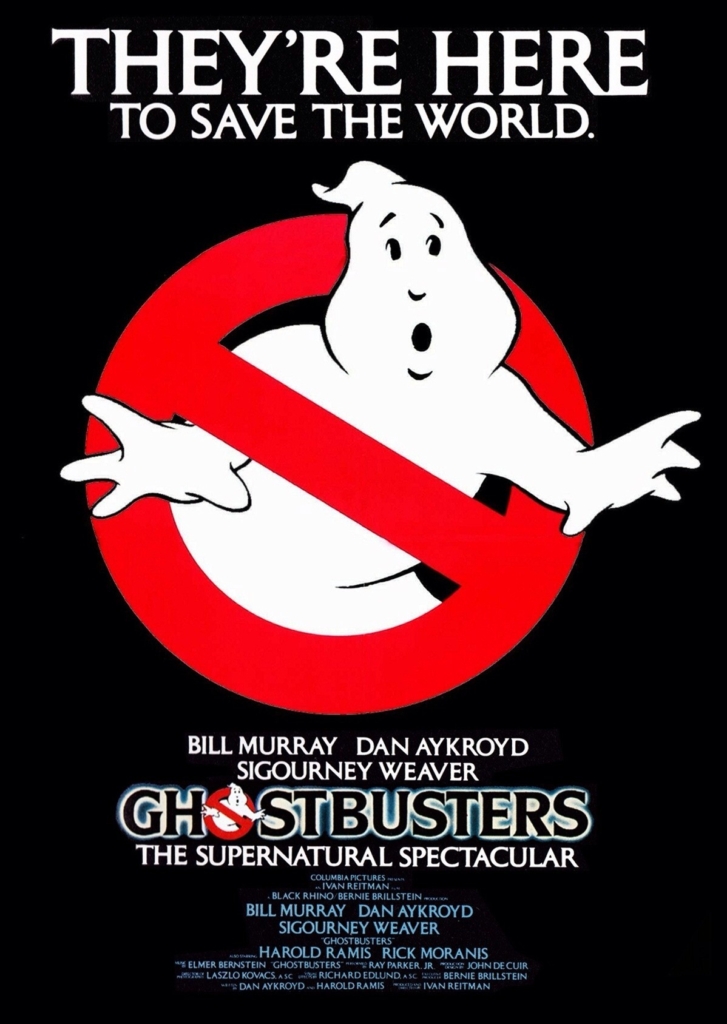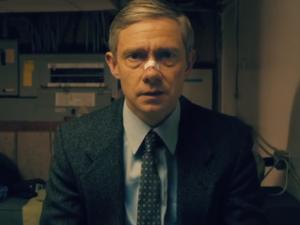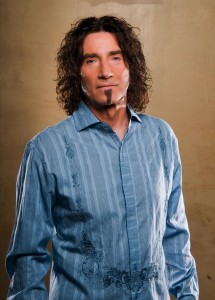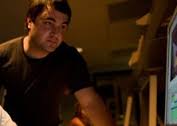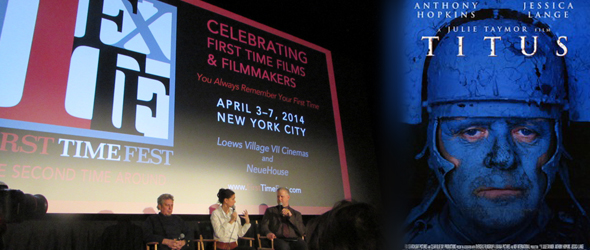“Salvation Town” is the debut solo release from Social Distortion guitarist Jonny “Two Bags” Wickersham. Produced by David Kalish the album is an interesting departure from Wickersham’s previous body of work as the album is packed full of acoustical performances. Media Mikes had the chance to talk with Jonny recently about the album and what it was like working with Jackson Browne.
Adam Lawton:Can you give us a little background on your new solo album?
Jonny Wickersham: I started recording the album awhile back and it’s probably been 3 years now since we first started working on it. At the time when I started Social Distortion was very busy promoting and touring behind the “Hard Times and Nursery Rhythms” album. I didn’t initially have a lot of time to work on things. When I went in to record the first track it ended up being more than just working on the song but it was a chance for me to work with one of my idols, Pete Thomas who was Elvis Costello’s guy on drums. Once we finally got started things moved along pretty well and the whole experience was just great. I was really inspired by all the people who were willing to work with me on this album.
AL: What do you think was the main reason you waited until now to release a solo album?
JW: My good friend David Kalish who produced the album was always on me about doing a solo record. I kept putting it off because I didn’t think it was something I could do. I had always written songs however I never had any other vehicle to do them other than with the bands that I was in. I would write material and whether it was Mike Ness or the Cadillac Tramps or Duane Peters they would take what they liked from what I had brought in and then add their own parts especially, when it came to lyrics. I had never really learned to sell one of my songs or perform it. There’s a big difference between being in the recording studio and singing a song and being up in front of a crowd and playing. Then those two things are completely different from me sitting in my living room with an acoustic guitar performing for my cat. (Laughs)
AL: Can you tell us about some of the guest performers that appear on the record?
JW: The guest performers were something I didn’t put a lot of thought in to beforehand. Things just sort of happened off the cuff. I was certainly a fan of everyone involved and really worked out on a song to song basis. We did this record differently than what I am used to. I am used to working up songs as a band, demoing them and then going down to the studio to record the tracks. The bass and drums lay down a foundation and then everything else is built on top of that. There is a process to the whole thing. With “Salvation Town” it was much different. We laid down some acoustic guitar to a click track and then usually just Dave and I would go back and add a simple drum beat and bass line. From there we would try and think ahead of what the song could be. We would just have these ideas of about who might be able to add something really cool to the tracks. We ended up getting David Hidalgo from Los Lobos and his two sons David Jr. and Vincent, Gaby Moreno who was just so great and of course Jackson Browne. The song Jackson appears on is one that I have had for quite some time. It started out as straight ahead punk sounding song but with this being a different record I wanted to give it a different style. As we were working on it I said to David that I thought it could be Jackson Browne song. I never thought Jackson would be a possibility but David called me the day after mentioning and said that Jackson was down for it. I couldn’t believe it when a few weeks later Jackson came in to do his parts. Everything happened very organically. Having Jackson Browne and David Lindley on my album is just gnarly! (Laughs)
AL: Was there any point during the three years of working on the album that you got discouraged?
JW: There were so many discouraging times that I can’t even count. I am a stickler and very detail oriented. I am also one of those guys that have to exhaust every possibility so I was driving David crazy with this thing however; I think we balanced each other out perfectly in the studio. I wanted to make a good record that shows where I am at in my life while reflecting my influences. I didn’t want things to be over produced but at the same time I didn’t want it to sound like a demo. There were times where I wasn’t sure what was going to happen. That’s when I would get sketchy. It was all new to me. Fortunately over the years I have learned that you have to let things take their course.
AL: Do you have any plans to tour behind the release?
JW: Yes! As much as possible. We just recently played at South by South West. With the exception of the aweful tragedy that happened outside of the venue where we were playing the show was really great. It was trip being out there front and center. Every night I am always worried about how I am going to sound. (Laughs)
